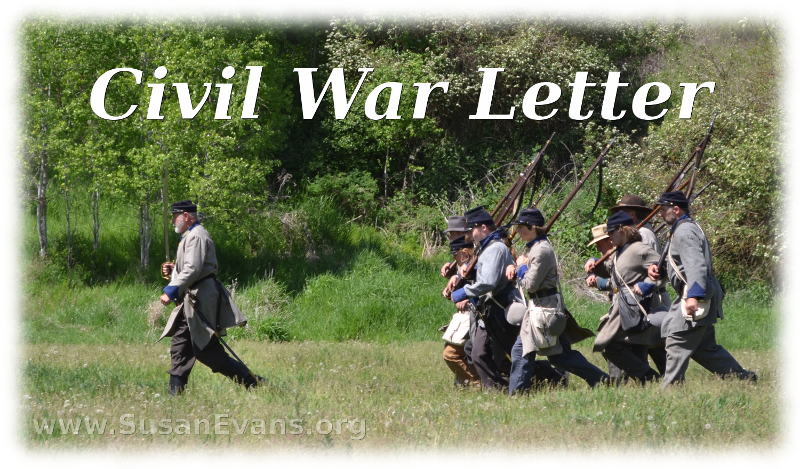My kids performed some goofy skits to summarize Shakespeare’s Hamlet. My daughter played the parts of both Queen Gertrude and Ophelia. My oldest son was the wicked uncle, Claudius. My youngest son was Hamlet, and my second son was all the other male parts. We produced the following video and summary for your merriment:
Hamlet: The Dramatized Summary
Once upon a time in Denmark, a king named Hamlet died mysteriously. His wife Gertrude married his brother Claudius less than two months later. Claudius’ reputation was so bad and his face so ugly, there was widespread suspicion that he murdered the late king for his throne! The prince, also named Hamlet, was shaken by his father’s death and shocked his mother would so quickly re-marry. He was ashamed of the wedding and showed up in all black.
But later the night watchmen told him about a ghost they had seen that looked like the dead king. Intrigued, Hamlet stayed up with them. Sure enough, there was the ghost of his father! In spite of the soldiers’ best efforts to dissuade Hamlet, he went out to speak with the spectre. What would he find out but that the king really had been murdered by Claudius! The ghost begged Hamlet to avenge him, then disappeared into the night.
Over the next few days, Hamlet was so bewildered by what he had seen, everyone thought he had lost his mind. Could love for Ophelia be driving him mad? He thought it was the perfect cover-up for plotting to avenge his father, so he feigned insanity.
One day, some actors were performing a play and worked themselves up to really feel the emotions of their characters. Hamlet was impressed and remembered the case of a murderer who was so moved by the play he was watching, he confessed to the crime. Why wouldn’t this work on his uncle, Claudius? Hamlet wasn’t so sure that what the ghost had told him didn’t come from his own imagination, and this felt like the perfect test.
So he had the actors perform a play in front of Claudius that went exactly as the ghost had described the murder. As they got to the part where the killer poured poison into the victim’s ears, the king felt very ill and had to leave. This made Hamlet sure the ghost’s tale was true, and he followed Claudius out of the room. But when he found the king praying, Hamlet didn’t want his uncle’s last act to be so saintly, so he decided to wait for another opportunity.
Hamlet’s mother wanted to talk to him about how he was acting up lately, and the king felt like it would be a good idea to hide behind a drapery in the room to secretly find out what was really up with Hamlet. Ophelia’s father Polonius volunteered to do the king’s spying for him.
When Hamlet was summoned, he confronted his mother about marrying his uncle so soon after his father died. In the heat of the debate, Polonius, who was secretly listening the whole time, thought Hamlet was attacking his mother in his madness and cried out. Hamlet, thinking the man behind the curtain was Claudius, drew his sword and stabbed him. To his horror, he found he had killed Polonius! His mother exclaimed what a crime he had committed, to which Hamlet replied that to kill the king, then marry his brother was much worse. He compared the late king’s handsomeness with the ugliness of the new one. He scolded his mother for marrying the one most suspected to have killed her husband.
When Claudius found out about Polonius’ death, he thought Hamlet was too dangerous to leave alive. Rather than risk the publicity of sentencing Hamlet to death, he banished Hamlet to England but secretly sent a letter to the courtiers to assassinate him as soon as the ship landed. But Hamlet suspected something like this and crept in at night, found the letter, erased his name, and put in the names of the courtiers.
On the way to England, pirates attacked the ship and Hamlet single-handedly boarded the pirate ship. The ship he came on sailed away, and he was left with the pirates. But they turned out to be well- mannered gentlemanly pirates, so they took him back to Denmark.
But when he got back, he found out the death of Ophelia’s father by his hand drove her to such madness and grief that she had committed suicide. Her brother, Laertes had not heard that Polonius’ death was an accident, so he wanted to kill Hamlet. The king thought this would be perfect, so he arranged for a duel between them with dulled sabers. But he secretly sharpened and poisoned Laertes’ blade.
On the morning of the duel, people placed their bets as to who would win, and the duel began. They fenced skillfully, Hamlet was stabbed with the poisoned blade, and he stabbed Laertes with his own sword, dooming both of them. Meanwhile, the queen accidentally drank from the cup the king had used to poison the blade, and she died. Laertes told Hamlet about the poison, and that he didn’t have long to live. So he stabbed and killed Claudius, and then he died. The end.







